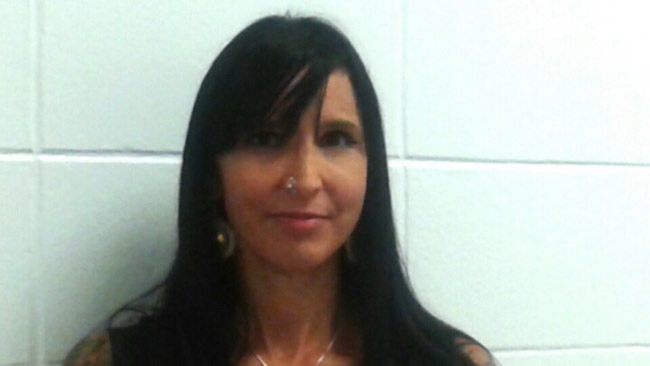Residential Schools and cultural genocide: The TRC Report and the Academy

By Christine Smith (McFarlane)
TORONTO – A packed room at the University of Toronto listened to a talk given by Dr. Suzanne Stewart on the implications of Residential Schools, Cultural Genocide, the Truth and Reconciliation Report and the Academy.
According to Dr. Suzanne Stewart, an associate professor from the Ontario Institute for Studies in Education (OISE) at the University of Toronto Indigenous people comprise of 4% of the Canadian population.
“More than half Indigenous people live in the city – around 60% and the numbers are growing exponentially every year due to various factors, mostly due to globalization, and the change of the economy and how land is used,” says Dr. Stewart.
Stewart went onto talk about the context behind her talk by explaining how identity is seen via Indigenous peoples.
“We are really talking about identity from an Indigenous perspective and that is as complex, social and grounded in the context of relationship and family,” she said. “For Indigenous people in Canada today, the context is about colonialism and that’s because all Indigenous people of multiple identities have experienced colonial aggressions and assaults through history from the time of first contact. In Canada specifically education was used as a main tool of oppression through the creation of residential schools. Secondly Education continues to be a site of systemic and personal oppression for Indigenous peoples.”
The primary objectives of residential schools were to forcibly remove and isolate children from the implements of their families, homes and communities and assimilate them into dominant Euro-Canadian culture.
Stewart’s talk also contained information on inter-generational trauma – what it means and how it is implicated through family, religion, spirituality, relationships etc. and brought up the formation of the Truth and Reconciliation Commission and what its mandate was.
She went onto say the Truth and Reconciliation Commission published 94 recommendations and the issues raised in this report are not going to disappear, even if the report does. This report is an excellent tool to educate and begin a national and international discussion on solutions.
“Canada wants to know: what do natives want from us? The TRC Report provides this in concrete terms,” said Stewart. “It is up to you to take action. Native people seem to be taking responsibility for their own healing, what are you going to do?”

